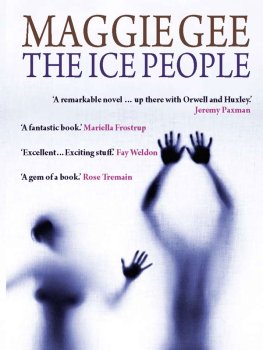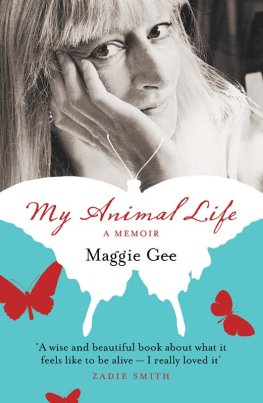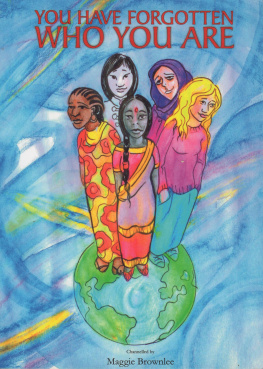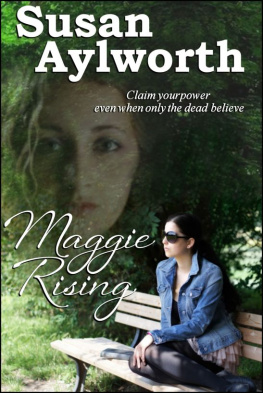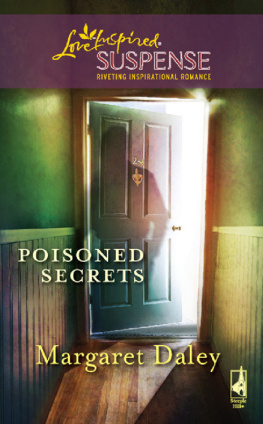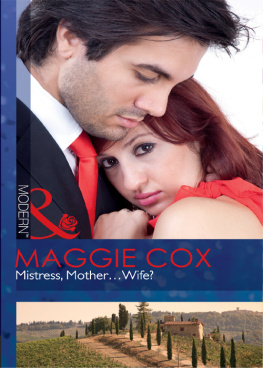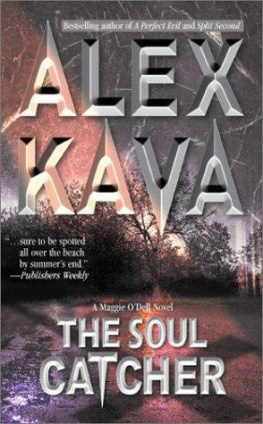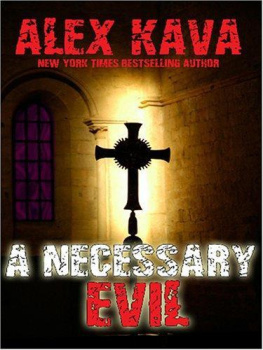
Wendy Hornsby
The Color of Light
The ninth book in the Maggie MacGowen series, 2014
Six girls walk down the sidewalk away from the camera, seemingly unaware anyone is watching them. Foreshortened by the telephoto lens of the old Super 8 that captures them, weighted down by backpacks and school projects, they seem like spindly giants as they move through long morning shadows. They are ten and eleven years old, still coltish-leggy, hipless, breastless-apparently confident about their place in the small universe encompassed within this comfortable, leafy neighborhood.
A skinny girl wearing stovepipe blue jeans and red high-top sneakers, walking near the front of the pack, seems to be the primary target of the lens. The resolute set to her shoulders, head held high, suggests that she and her cohort are on a mission.
The cameras wide field of vision places the girls within the usual dance of morning along the narrow tree-lined street: a car backs out of a driveway, a gardener mows a lawn, a dog chases a squirrel, a deliveryman drives his route. Now and then branches obscure the shot as the cameraman pans to one side or the other with some apparent interest in stands of shrubbery or garden walls; potential hiding places? Clearly, it is the progress of the girls that draws him.
One by one, new arrivals enter the frame from either side and merge with the group, until there are twelve girls. Each newcomer greets the others with a hand slap or a conspiratorial nod of the head before falling into formation.
At the last driveway before the corner, a boy about the same age as the girls waits with his mother. The mother is quietly, unfashionably beautiful in a starched pastel blue shirtwaist dress. The boy is pretty like his mother, his straight dark hair slicked back from his forehead, roses in his round cheeks. Puppy fat makes him seem younger than the girls; his mother looks at him as if he is made of pure gold.
As the girls approach, the boy begins to strain against his mothers grip. The mother gives her boy a few cautionary words and receives a duty kiss in return. She releases him to join his friends. His polished black brogans make a sharp contrast to the intentionally scruffy, brightly colored sneakers worn by the girls.
The cameraman loses the children when they turn at the corner. By the time he catches up to them, they have formed a line across the road, shoulder to shoulder, facing down a group of boys who seem to have been lying in wait. There are half as many boys as girls, but the boys are bigger, older, railed out, already well into puberty, young toughs trying to look like bikers: blue jeans worn low on narrow hips, rolled cuffs, tight white T-shirts showing off budding biceps. The film has no sound track but the body language makes it clear that the toughs taunt the girls. But the girls, and their single boy, hold their ground.
The girl wearing red high-tops strides forward until she is nearly toe-to-toe with the hobnail boots of the opposition leader, a snaggletoothed youth with a greasy blond pompadour. He cants his body forward and yells into her face while stabbing his middle finger toward the small boy who is shielded by the girls. Red high-tops shakes her head to whatever blond pompadour is saying. Frustrated, he pushes her hard enough that she drops one foot back to keep her balance. Instead of returning the shove, she crosses her arms and faces him directly, speaking in a voice so soft that he has to lean forward to hear her.
What she says seems, at first, to confuse him. But after he tries a verbal comeback or two, his face and his bravado suddenly collapse. Sobbing, he runs back through the line of his buddies and out of the frame.
I hit the Stop button and the image on the television screen faded to black.
God, Maggie, you had balls. Detective Kevin Halloran of the Berkeley PD, my friend since childhood, sat forward in the big leather chair in my late fathers den, where we were holed up in front of the television set, as we had when we were teenagers, too broke then for a real Saturday night movie date, or so hed say. There was a wistful smile on his weathered face when he turned toward me. Every kid in Berkeley knew you made Larry Nordquist cry. What did you say to the little punk?
Nothing Im proud of, I said.
Did you know that hes out on parole?
Gracie Nussbaum told me.
If he comes back to Berkeley, you better watch yourself.
That scuffle happened over thirty years ago, Kev, I said. Im not worried about Larry Nordquist.
If you say so. Kevin lifted a shoulder, a dismissive shrug. Gracie also tell you that Beto took over his dads deli?
She did. I went in for a sandwich the other day, I said. Beto gave me an extra pickle and comped my drink.
Thats our Beto, he said with fondness, as if Beto were still the chubby ten-year-old in the film, clinging to his mothers hand, and not the rotund forty-something he had become. Beto would love to see that little movie, Mags, to see his mom. I forgot how damn gorgeous Mrs. Bartolini was. She was what? Chinese?
Vietnamese, I said, hearing the catch in my voice as I remembered what lay ahead for her the day the film was shot; what lay ahead for all of us.
So? Kevin dipped his head toward the television. This is what you asked me to come over and see, you kids walking to school? You made it sound urgent.
Beto told me youre looking into his mothers murder, I said.
He nodded. I took it on as a favor to him.
What have you found?
Bupkis. He held up empty hands. I started with bupkis, and thats exactly what Ive come up with; nothing. After thirty years, whatever evidence there was-and there never was much-has disappeared, rotted, or died. Every lead petered out a long time ago. Im only going through the motions because my friend Beto asked me to.
So, youre not doing a serious, all-out investigation?
Of course I am. The question embarrassed him. Department resources are tight, but Im doing what I can with what damn little I have to go on.
His focus slid from me to the blank television screen and back again. Whats that have to do with-? Before he finished the question he nailed me with a glare. Hey, youre not thinking about doing one of your TV-show hatchet jobs on Betos mom are you? Because I dont-
Dear God, no, I said, reaching for his arm.
No Maggie MacGowen Investigates?
I promise you, no.
You promise, huh? he said. He tried to look intimidating, but I saw a flash of the big tease he had always been hovering behind the effort. You know you cant lie to me, Maggie MacGowen. We have a soul bond thats stronger than a blood oath.
Clueless, I asked, We do?
You bet. He lifted the corner of his cheek to wink at me. We got each others cherries, Maggie. Thats sacred.
Since you put it that way, I said, trying not to laugh; hed caught me off guard. Cross my heart, no TV project on this one.
Okay. Now that we have that settled, you want to tell me what I was supposed to see on that film besides scrapping kids in funny clothes and bad hair?
The film was shot on the same morning that Betos mother was killed.
On that very day? Thirty-some years ago? You cant know that. Hell, Mags, I barely remember breakfast this morning.
Some things you dont forget.
He hesitated, thinking through what he knew and what he remembered before he shook his head. After all this time, you cant possibly be sure.
But I am. I leaned toward him. The police came to school that day at lunch time. We all thought we were in trouble for fighting, but they were there to take Beto home to his dad before he heard about his mom from someone else.
Next page

